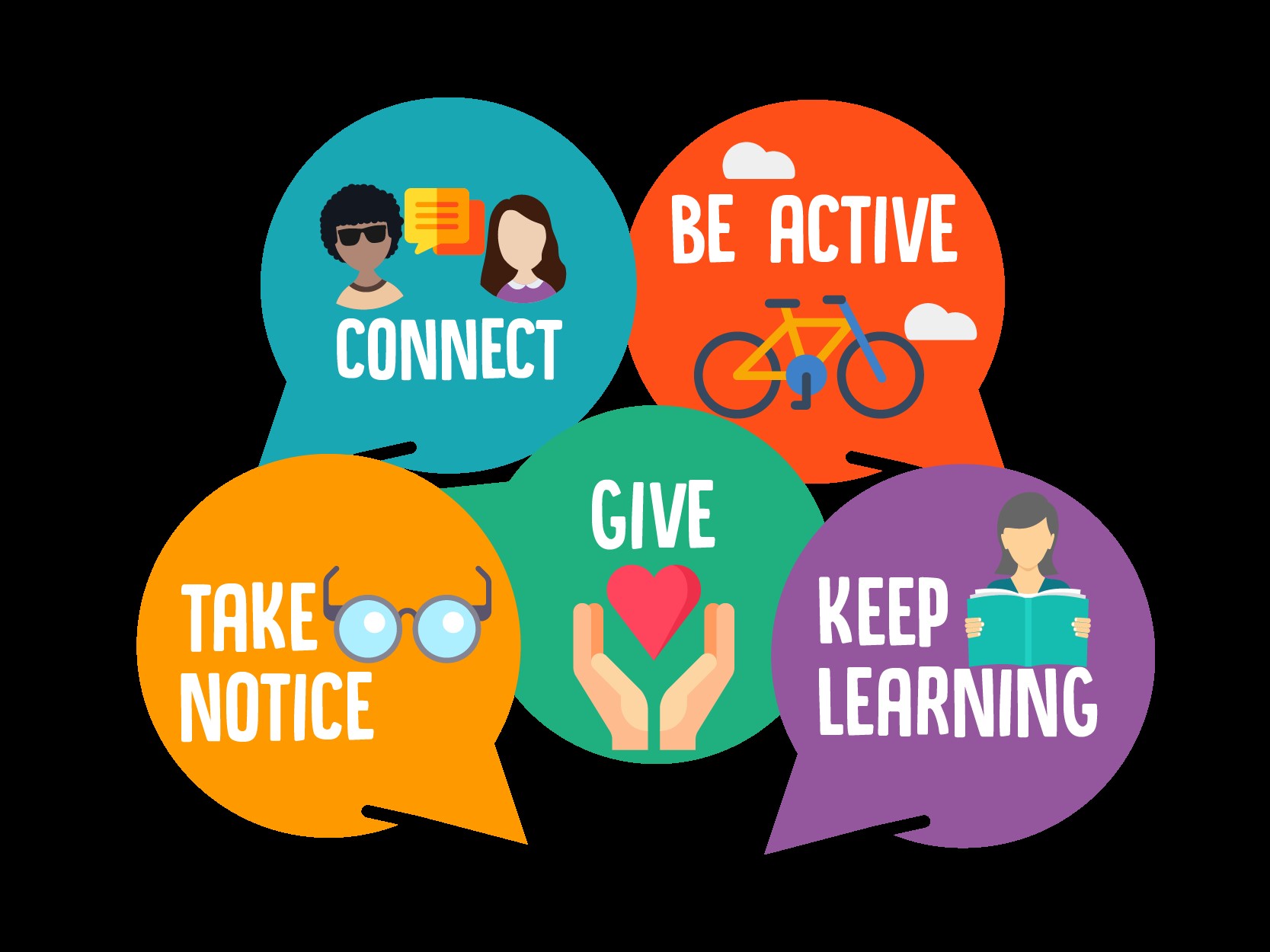How To Balance Academics And Extracurricular Activities

📚🎨 10 Tips to Balance Academics and Extracurriculars
✅ 1. Set Your Priorities
Decide:
•What matters most right now—grades, leadership, or skill-building?
•Which activities truly add value (not just take time)?
👉 Focus on quality, not quantity. Two meaningful activities > five random ones.
🗓️ 2. Use a Schedule or Planner
•Plan your week in advance: classes, study times, and activity meetings.
•Block time for homework, practice, rest, and social life.
•Use Google Calendar, a diary, or phone reminders.
Example:
•4:00–6:00 PM: Homework
•6:30–8:00 PM: Debate practice
📌 3. Set Daily & Weekly Goals
Instead of saying “I’ll study more,” say:
•“I’ll finish two chapters by Thursday”
•“I’ll attend music club twice this week”
Track your progress—it keeps you focused.
🕐 4. Use Small Pockets of Time
Waiting between classes? Use that time to:
•Revise notes
•Do flashcards
•Respond to emails or messages for your club
Little minutes = big progress over time.
🚫 5. Avoid Overcommitment
It’s okay to say no to some activities. Don’t join everything—choose what aligns with your goals.
Tip: Each term or semester, review what’s helping you grow—and drop what isn’t.
💪 6. Practice Time Discipline
•Use the Pomodoro technique: 25 min focus + 5 min break.
•Turn off distractions during study time (yes, even WhatsApp 😅).
•Keep a regular sleep schedule—don’t trade sleep for more activities.
🤝 7. Communicate with Teachers & Mentors
Let your teachers or club leaders know your schedule. They can:
•Support you during busy periods
•Help you adjust deadlines (if you ask early and respectfully)
🧠 8. Combine Academics with Extracurriculars (Smartly)
Pick activities that complement your goals.
Examples:
•Want to be a doctor? Join health/science clubs.
•Want to improve public speaking? Join debate or drama.
•Want scholarships? Be active in leadership or volunteering.
🧘♀️ 9. Protect Your Rest & Mental Health
•Take breaks. Laugh. Sleep. Journal.
•Say no to burnout culture.
•If you’re overwhelmed, talk to someone—a teacher, friend, or counselor.
🏆 10. Reflect and Adjust Regularly
Every month, ask:
•What’s working?
•What’s stressing me out?
•What should I change?
Balance is not static—it shifts as your life changes.
🔑 Final Thought:
Being well-rounded doesn’t mean doing everything.
It means doing the right things well—and knowing when to slow down, speed up, or shift gears.





